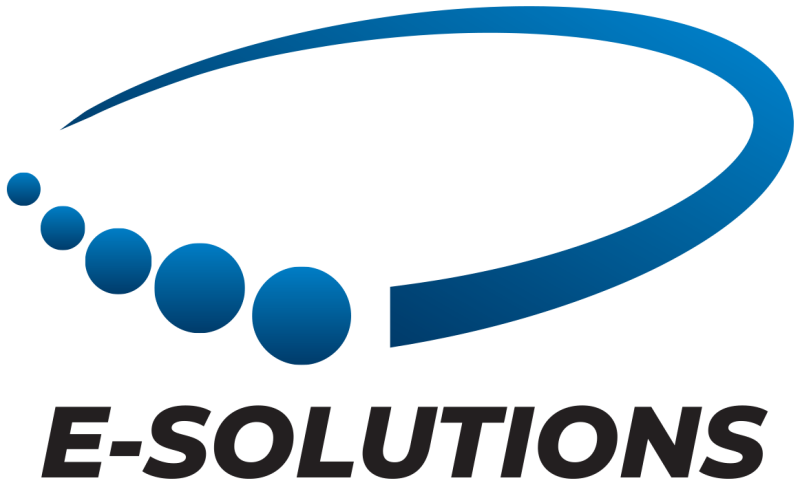In the biotechnology industry, data is the foundation of discovery and innovation. From decoding genetic sequences to optimizing drug development processes, analytics and insights (AI) play a pivotal role in driving progress. Leveraging advanced algorithms, data visualization, and predictive models, AI enables biotech companies to make informed decisions, accelerate research, and enhance operational efficiency.
Biotechnology generates vast amounts of data from experiments, clinical trials, and genomics. Analytics and insights tools transform this raw data into actionable knowledge, empowering scientists and organizations to unlock breakthroughs in medicine, agriculture, and environmental science.
One of the most significant applications of AI in biotechnology is in drug discovery and development. With traditional methods being time-consuming and resource-intensive, analytics tools powered by AI have revolutionized the process. Machine learning algorithms sift through extensive datasets to identify potential drug candidates, predict their efficacy, and minimize failure rates in clinical trials. Companies like Moderna and BioNTech have leveraged such technologies to fast-track vaccine development.
Genomic research has also been transformed by AI. Analysing DNA sequences requires processing enormous datasets, and analytics tools equipped with AI help identify genetic markers linked to diseases, enabling precision medicine. Tools like CRISPR benefit from AI-powered insights to enhance gene editing techniques, paving the way for targeted therapies.
In biomanufacturing, AI-driven analytics optimize production processes, ensuring scalability and cost efficiency. Predictive models help maintain the quality of biopharmaceutical products by identifying potential bottlenecks and suggesting real-time adjustments. This level of precision reduces waste and accelerates time-to-market for critical therapies.
AI-powered analytics also play a critical role in clinical trials. By analysing patient data, demographics, and historical outcomes, AI tools help in designing smarter trials, selecting suitable candidates, and predicting adverse reactions. These insights lead to more effective trials and quicker regulatory approvals.
Moreover, the integration of AI in biotechnology extends to sustainability and agriculture. Analytics tools help in studying plant genomes, improving crop resilience, and developing bio-based solutions to address environmental challenges. Companies like Bayer and Syngenta leverage these insights to create innovative agricultural products that ensure food security.
Despite its transformative potential, implementing AI-driven analytics in biotechnology presents challenges. Handling sensitive data requires stringent compliance with regulations like GDPR and HIPAA. Additionally, the complexity of integrating AI systems with existing infrastructures and the need for domain expertise demand strategic planning and investment.
The importance of analytics and insights (AI) in biotechnology cannot be overstated. They empower organizations to harness the full potential of data, drive innovation, and address some of humanity’s most pressing challenges. As AI technologies continue to evolve, their role in biotechnology will only expand, enabling faster discoveries, better patient outcomes, and sustainable solutions for a better future.






